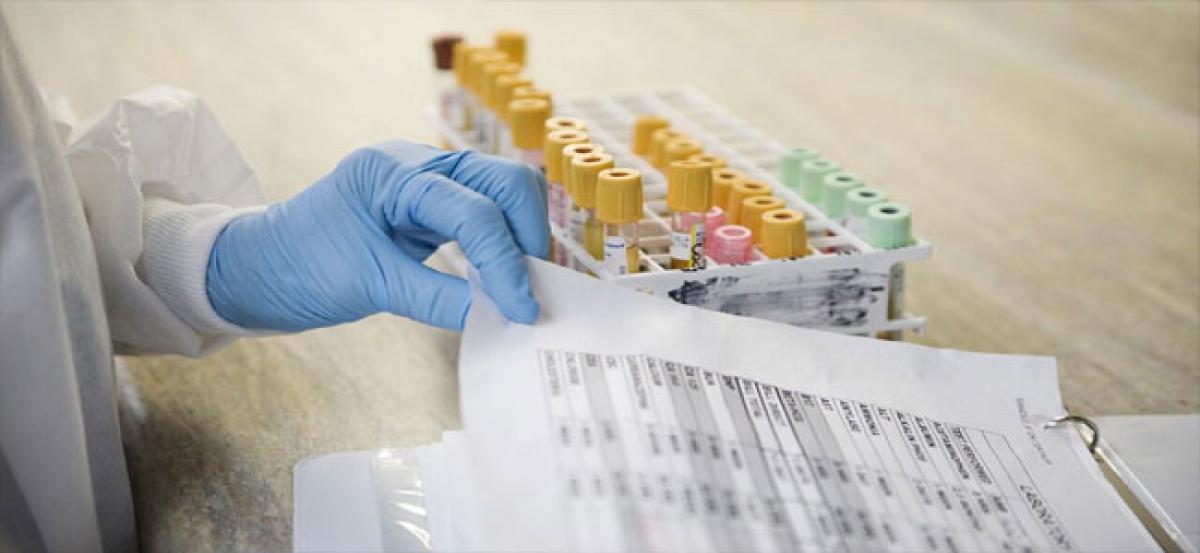Saliva test can predict burnout risk

A simple saliva test for the stress hormone cortisol can predict the risk of burnout, a study has found. According to calculations from the World Health Organisation (WHO), depression occupies first place in the global \"disease burden\" and, by 2030, experts estimate that there will be three mental illnesses in the Top 5: depression, Alzheimer\'s and other forms of dementia and alcohol addiction.
London: A simple saliva test for the stress hormone cortisol can predict the risk of burnout, a study has found. According to calculations from the World Health Organisation (WHO), depression occupies first place in the global "disease burden" and, by 2030, experts estimate that there will be three mental illnesses in the Top 5: depression, Alzheimer's and other forms of dementia and alcohol addiction.
Cortisol activates metabolic break-down processes, thereby making energy-rich compounds available to the human body. Its damping effect on the immune system is also used to prevent over-reactions and to suppress inflammation. Cortisol is predominantly produced in the early morning on waking, to crank up the circulation, as it were. In healthy people, the cortisol level then falls again over the course of the day - until there is practically no measurable cortisol left by the evening.
The picture is very different for people who are under constant stress: the body keeps the cortisol level within the measurable range for much longer, in order to cope with the prevailing stress - if the stress then becomes "chronic", cortisol levels remain high without any normal daily pattern. Researchers from Medical University of Vienna, Austria have now shown that elevated cortisol levels can be detected by means of a single saliva sample, taken either at midday or in the evening, so that the risk of burnout can be measured.
The study involved comparing the work-related stress and cortisol levels of burnout patients with those of healthy employees.Follow-on studies are therefore to be conducted to evaluate this result and to develop a valid biochemical testing system for use in everyday clinical practice to identify high-risk candidates for burnout.
According to the researchers, compared with the previously used early-morning samples - taken three times after waking at fifteen-minute intervals - the midday and evening saliva samples also provided a much better and more reliable result. Reliable analysis is now possible just four hours after providing the sample and this method even produced better results than analysing stress-related blood parameters.








